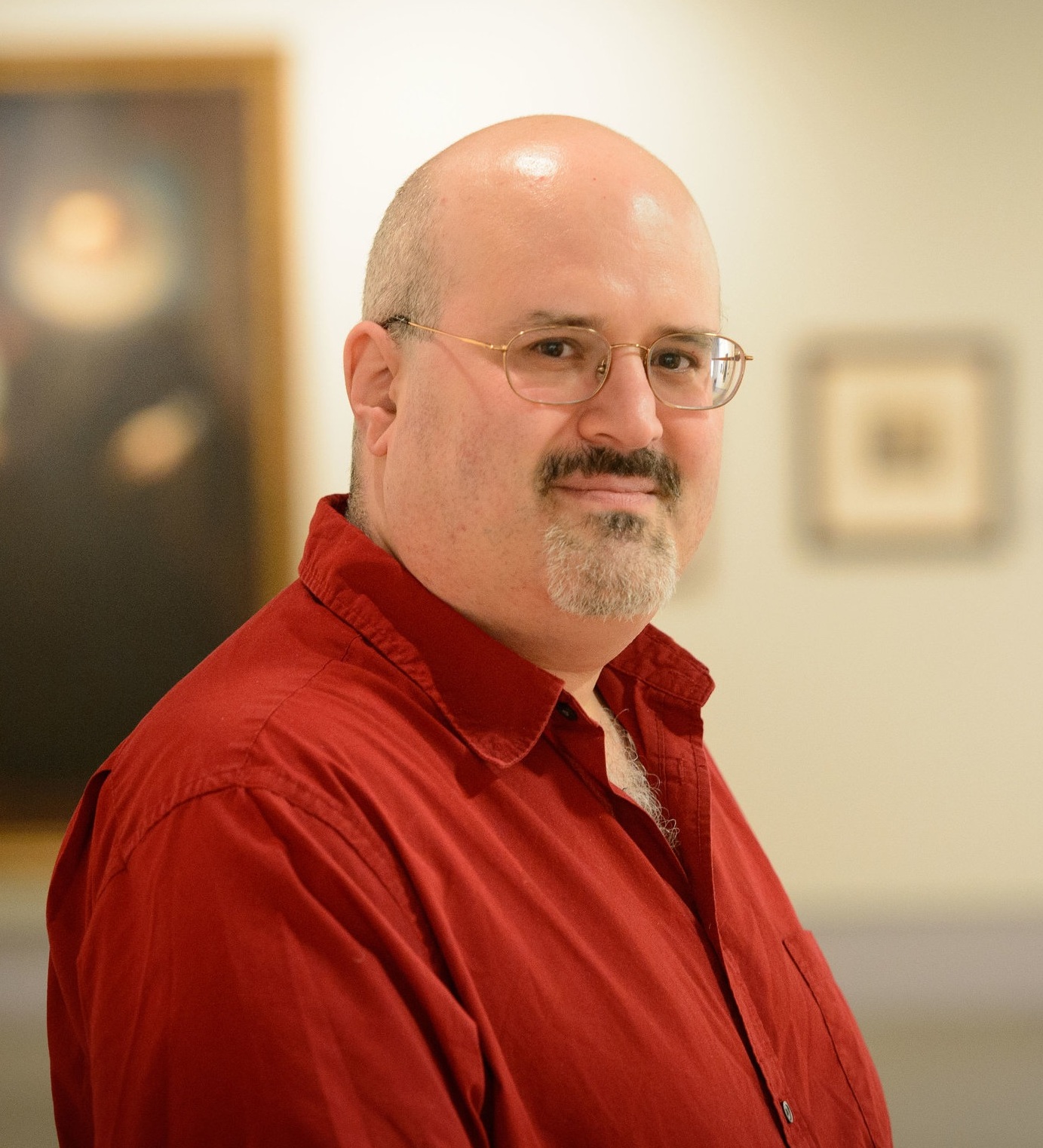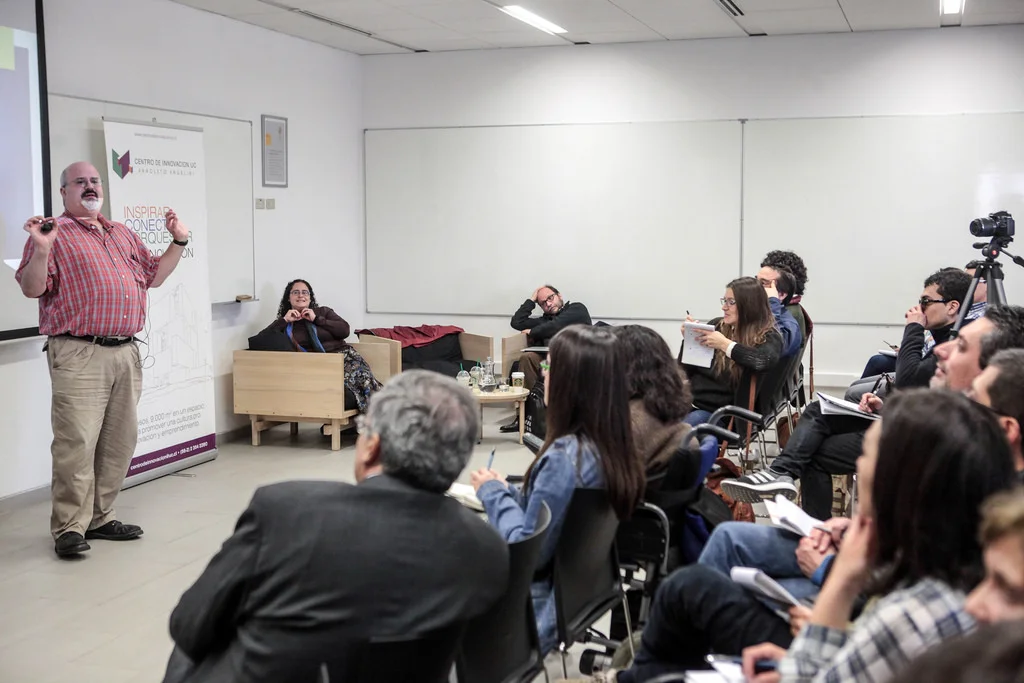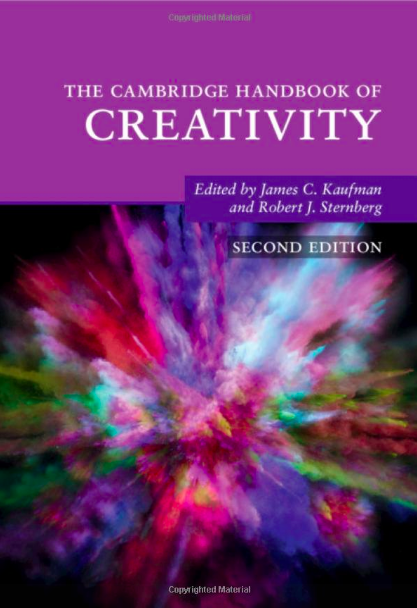Bio
James C. Kaufman is a Professor of Educational Psychology at the University of Connecticut. He is the author/editor of more than 50 books, including The Creativity Advantage for Cambridge Press, Lessons in Creativity from Musical Theatre Characters (Routledge, forthcoming, with Dana P. Rowe), Creativity 101 (2nd Edition, 2016), and the Cambridge Handbook of Creativity (with Robert Sternberg; 2nd Edition, 2019). He has published more than 400 papers, including the Four-C Model of Creativity (with Ron Beghetto. He is a past president of Division 10 (Society for Psychology of Aesthetics, Creativity, & the Arts) of the American Psychological Association (APA) and a former present of the American Creativity Association. James has won many awards, including Mensa’s research award, the Torrance Award from the National Association for Gifted Children, and APA’s Berlyne, Arnheim, and Farnsworth awards. He co-founded two major journals (Psychology of Aesthetics, Creativity, and the Arts and Psychology of Popular Media Culture). He has tested Dr. Sanjay Gupta’s creativity on CNN, appeared in the hit Australian show Redesign Your Brain, and narrated the comic book documentary Independents. He wrote the book and lyrics to Discovering Magenta, which had its NYC premiere in 2015. He has co-authored a book on bad baseball pitchers with his father and a book on Pseudoscience with his wife.
Specialties
Improving Your Creativity
Creativity and Meaning
Creativity and Social Justice
Dr. Kaufman speaking about the 4-C’s at the Pontificia Universidad Católica de Chile in Santiago.
Speaking engagements
Dr. Kaufman has talked about creativity all around the world. From keynoting conferences to speaking at schools and universities to leading workshops for industry, he speaks on a number of different topics. He addresses common questions, such as what do we mean by creativity, anyway? He analyzes common assumptions about creativity to separate the myths from reality. Do you have to be a genius to be creative? Are kids more creative? Are creative people crazy? Are we more creative in groups or by ourselves? Dr. Kaufman also introduces concepts and activities to help nurture and inspire creativity and overcome blocks. Finally, he loves talking about the positive benefits of being creative. Some are predictable (creative people tend to excel in school and work) but others may surprise you.
writer
Dr. Kaufman is the author/editor of more than 50 books. His Creativity 101 (2nd Edition), is frequently used as a textbook for college classes. The Cambridge Handbook of Creativity (2nd Edition), co-edited with his mentor, Dr. Robert Sternberg, is a standard reference for the field. His forthcoming The Creativity Advantage for Cambridge Press highlights the positive benefits of being creative, such as self-insight, healing, connection, drive, and legacy. His other books cover creativity’s relationship with such diverse topics as education, business, the brain, humor, mental illness, video games, animals, and many others. He has also written or edited books on other topics such as pseudoscience, intelligence, and baseball.
Dr. Kaufman is also a prolific scholar with over 400 published papers. In creativity scholarship, he is best known for his theoretical contributions to the field. He introduced the Four C Model of Creativity (with Ron Beghetto), which poses a developmental arc of creativity from mini-c (personally meaningful acts) to little-c (everyday acts that others appreciate) to Pro-c (professional expertise that impacts a field) to Big-C (legendary genius that lasts for generations). He has also studied how creativity is expressed across different domains — what does it mean to be creative in art vs science vs cooking vs business? More recently, he and Vlad Glăveanu have been working on a number of different new theoretical models and approaches, such as the CASE model.
Dr. Kaufman is also (reluctantly) known for coining the “Sylvia Plath Effect,” a study which found that eminent female poets were more likely to display signs of mental illness than other well-known writers or prominent women from other fields. The finding inspired several rock songs and was covered widely in the press. It is often cited as evidence that creativity is associated with mental illness or that everyday female poets are more likely to be mentally ill — which it does not argue.
In more recent years, he has been exploring the relationship between creativity and finding meaning in life, as well as the intersection between creativity and social justice.
experience
Professor, Department of Educational Psychology- University of Connecticut
2013 - Present
Dr. Kaufman is a Professor of Educational Psychology at the Neag School of Education at the University of Connecticut. He teaches undergraduate and graduate classes on creativity.
–
Professor, Department of Psychology/ Founding Director, Learning Research Institute - California State University at San Bernardino
2002 - 2013
Dr. Kaufman was a Professor of Psychology for 11 years at the California State University, San Bernardino. In addition to teaching about critical thinking, creativity, intelligence, and the psychology of film, he also led the Learning Research Institute.
–
Associate Research Scientist, Center for New Constructs- Educational Testing Service, Princeton, NJ
2000-2002
Dr. Kaufman worked for Educational Testing Service for two years in the Center for New Constructs. He worked on projects for the GREs and helped developed a standardized letter of recommendation.
–
PhD. in Cognitive Psychology- Yale University
1995-2001
Dr. Kaufman received his Ph.D in Cognitive Psychology under Dr. Robert J. Sternberg at Yale University. His dissertation compared journalists and creative writers.
Education
Yale University, New Haven, CT
Ph.D., Cognitive Psychology
2001
Yale University, New Haven, CT
M. Phil., Cognitive Psychology
1998
Yale University, New Haven, CT
M. S., Cognitive Psychology
1997
University of Southern California, Los Angeles, CA
B. A., Psychology/ Creative Writing
1995







